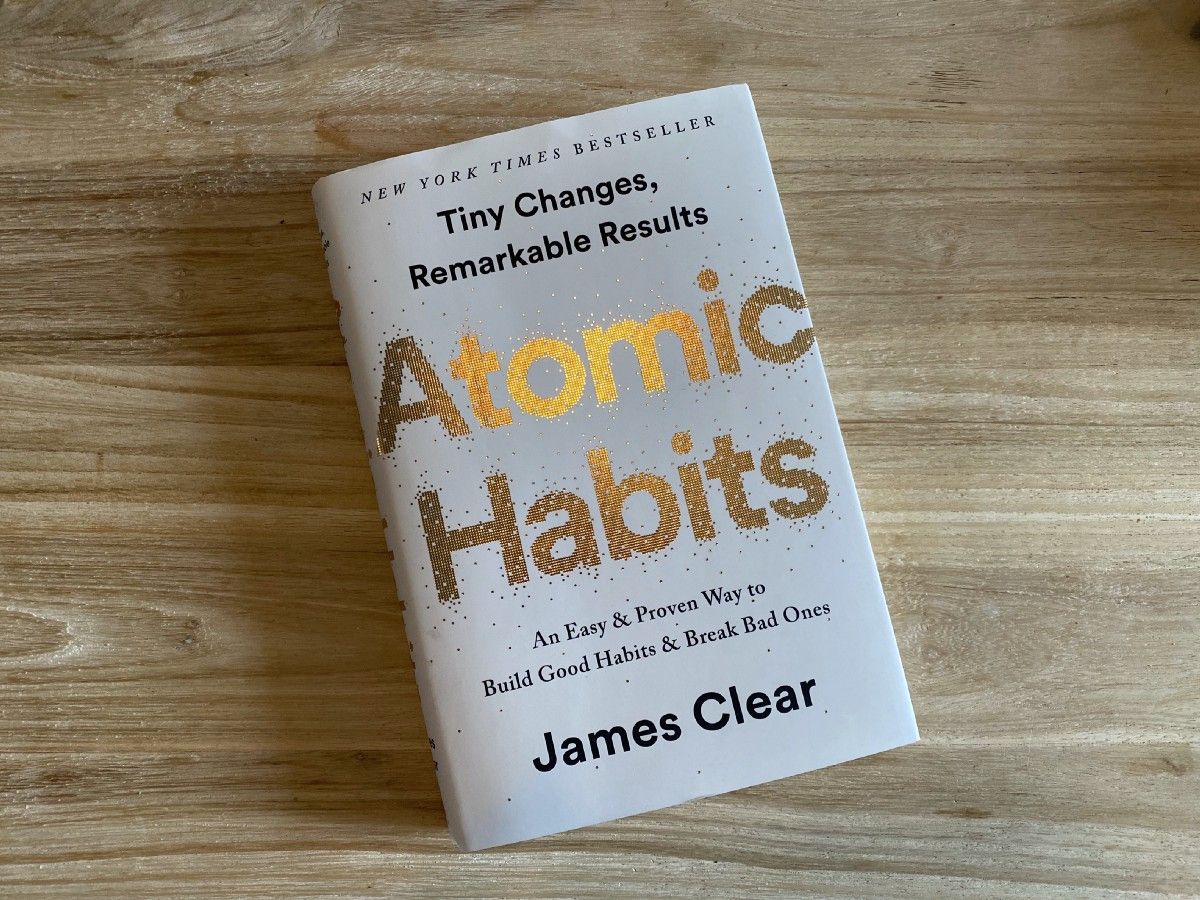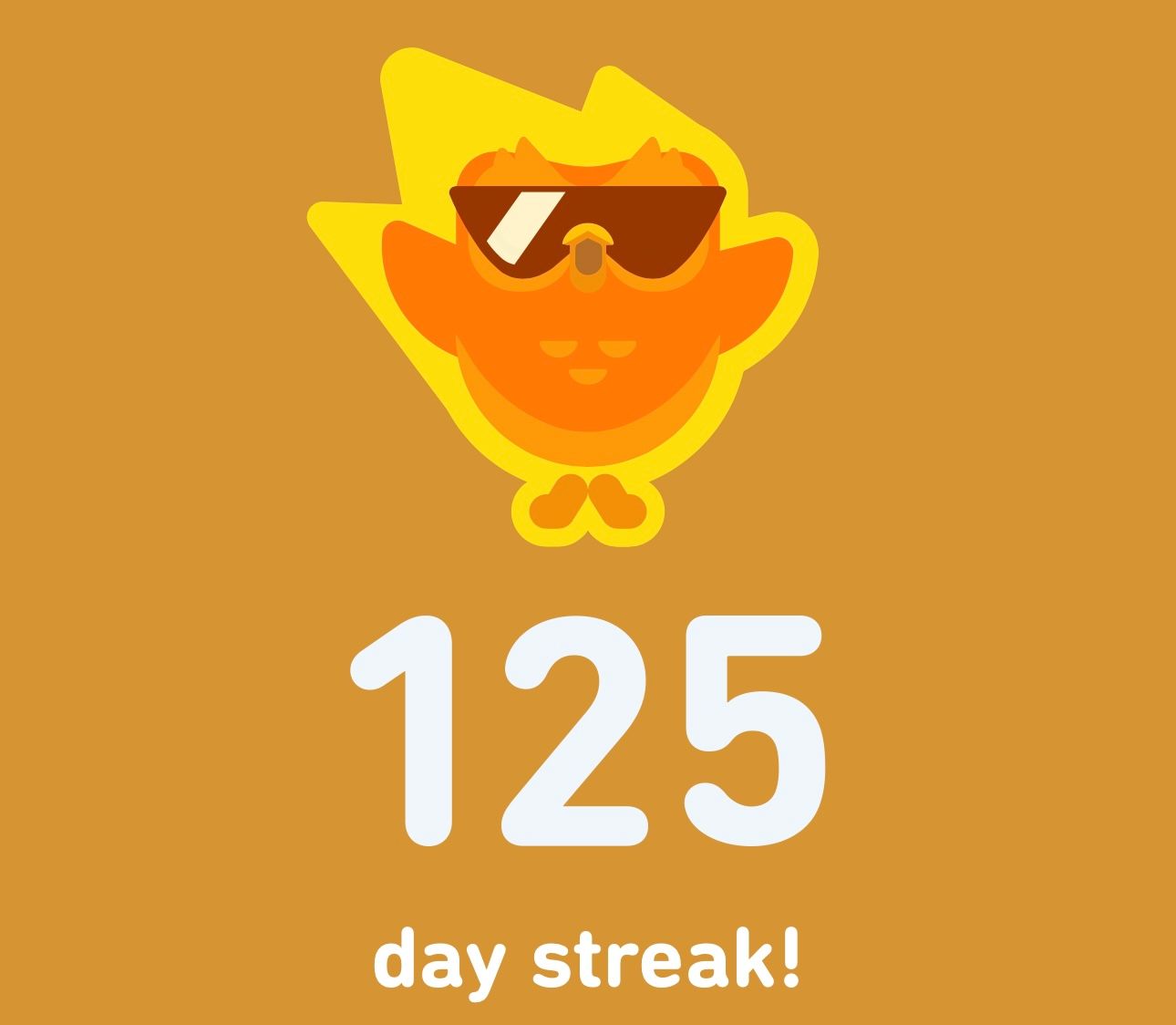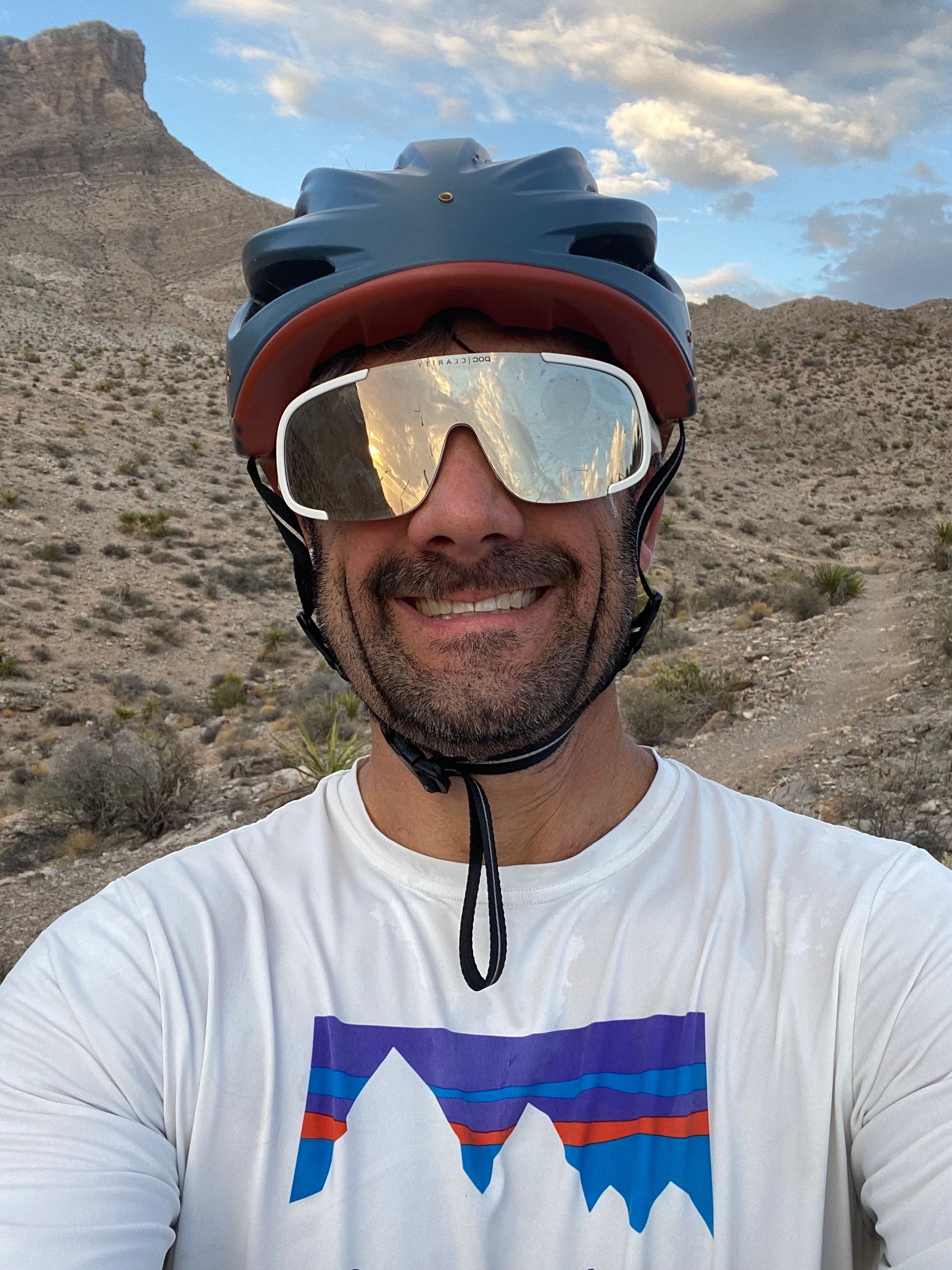Burnout: The Greatest Threat to Medicine
"You see it in the news, you see it on twitter, see it in your colleagues, hear it at the water cooler, maybe even feel it creeping up on you."
Burnout is the Greatest Threat to the Practice of Medicine
Burnout. It’s all around us.
You see it in the news, you see it on twitter, see it in your colleagues, hear it at the water cooler, maybe even feel it creeping up on you.
I’ve been reflecting a lot on the concept of burnout given these obnservations. I’m a pediatric surgeon and am (as of this writing) 5 years or so in practice after nearly 10 years of post graduate surgical training. Add on medical school, undergraduate education, and research and you have most of a lifetime.
I’m not burnt…not yet
I’m early in my career but just because you’re early in your career or if you’re a resident or a medical student it does not mean that you’re immune from burnout. For me I feel shielded because I chased down the surgical subspecialty that I was most excited about and fortunately pediatric surgery has been an excellent match to both my skillset and my mindset. I’m convinced that going after the specialty you want most and understanding the why is very protective when it comes to burnout.
In pediatric surgery I get the opportunity to alleviate suffering and save lives.
I love taking care of children and their families. I cherish my responsibility whether it is removing a rotten appendix or curing cancer, from helping the adolescent with pilonidal disease to closing a newborn gastroschisis, from seeing lumps and bumps in clinic to visiting with expecting mothers in prenatal consultations.
Pediatric surgery is a job that in the one hand can be extremely stressful, even terrifying, in the other I get to experience the joy of curing disease and returning a child to their parents anxious arms.
For me, I couldn’t imagine a more satisfying career path.
While you may not be experiencing burnout, it’s still important to be in tune with triggers of burnout and to know if you or your colleagues are on that slope. Chances are you worked with someone today who is struggling from burnout, they have all the signs and symptoms but don’t know what to do about it.
Burnout and the numbers…
You may have already read this article published in the Harvard Gazette Study: Doctor burnout costs health care system $4.6 billion a year and the most recent statement on physician burnout. Specifically that it’s been a problem, it still is a problem, it’s getting worse and it’s costing billions.
$4.6 Billion
a conservative estimate of the financial effect of burnout from reduced hours and physician turnout, not counting the downstream effects including medical errors, patient dissatisfaction, malpractice and stress.
54 Percent
of doctors reporting at least one of 3 symptoms of burnout: emotional exhaustion, cynicism and detachment, and a sense of low personal accomplishment. Double the normal population.
Crazy right? Think about that…one in two docs are suffering from burnout. I was in the doctors lounge today with at least 30 docs, surgeons and physicians…that’s a whole lot of burnt out people.
Another article from Sharona Hoffman summarized the problem quite nicely and made the bold statement that medicine may no longer be the best vocation for talented students to pursue.
When we think about physician burnout a lot of the following words and responsibilities come crashing in:
Electronic health record
Documentation, record keeping and data entry
Insurance hassles – prior authorization, denials and appeals
Decreased reimbursement
Increasing demands for productivity
More patients in less time
Inflexible schedules
Limited time for personal health and family
Regulation
Sharona also points out what burnout leads to for doctors and their patients: depression and medical errors. It’s incredibly striking.
One of the reasons I wanted to write this post is to learn more about burnout, find out why I don’t feel like I’m experiencing andsee what I can do to help my colleagues. I wanted to find out what the triggers of burnout are because it’s obvious that it’s not just one thing.
Burnout is definitely a complex problem but are there some anti-burnout habits we can identify to help us?
It’s my firm belief that medicine, any specialty, is stressful and it’s going to get more stressful as we move forward with the increasing complexity our healthcare system. Within this complex web, I’m going to tell you what I think is the slippery slope of physician burnout.
The NUMBER ONE reason for burnout in medicine and surgery: Losing Boundaries
If physicians and surgeons could have a typical day that focused on patient care, I don’t think we would be talking so much about burnout. But we are. Unfortunately, while a doctor’s day may have patient care in it but many times the day is full of a crazy swarm of other responsibilities.
Committee meetings, medical documentation, quality projects, small business decisions, discussions with insurance companies (especially their frustratingly impossible phone trees), administration, teaching, research, phone calls and emails.
Physicians and surgeons are selfless when it comes to patient care; they are also selfless when it comes to these non-patient centered responsibilities. It’s my opinion that the shift in medicine away from patients and toward these “other” responsibilities has lead physicians exponentially toward burnout.
What non-patient centered responsibilities filled your day today?
What could you have wiped off of the calendar?
What meeting could have been handled by a conference call while you were on a walk or run?
As you start thinking about burnout I also want to refer you to a thoughtful post by the American Medical Association and you can check it out at the AMA website.
1.) Do you have a high tolerance of stress?
If the answer to this question is yes, you’re risk of burnout is 15 times higher than if you answered no. This is according to Dr. Mark Linzer, a general practitioner with an interest and expertise in burnout.
You may think that you are uniquely fit to accept high risk.
You’re not.
You are as susceptible as anyone else to stress.
What makes me stressed?
Do I have an unpredictable schedule?
Do I feel in control?
What am I lacking?
Does time go fast or slow?
When is the last time I laughed with my children?
When is the last time I laughed with my partner?
Write the answers to these questions down.
Talk to your family, have them answer these questions too.
Does your wife or your husband feel like you have a predictable schedule?
Does your partner feel like you’re more or less stressed?
When does your spouse say you planned the last date night?
Knowing the answers will give you perspective on where you are at with your job and where you are at with your family. If you’re a resident check out my post on how to be a stellar resident, this may also give you a few tools to reduce stress in your life.
2.) Would you describe your practice as organized or chaotic? Is anyone in your practice experiencing burnout?
When you’re in medical school you probably thought that your patients would be the biggest source of daily stress.
Am I going to be able to do that operation?
Or will I be able to make diagnosis?
Surgery becomes the easy part, your patients are your solace, your safety net.
Walking the halls of the hospital is the practice that calms you.
So if the patient care becomes the easy part, what are the stresses of clinical practice?
Here are some questions...
How do you reduce the chaos in your practice?
What are the weak points that cause stress?
How does your scheduling work?
What about referrals?
Do you have a smooth EMR or a lack of EMR?
Do you have stable office and clinical staff?
How do you relate with your partners?
These questions will help you identify the daily struggles in your practice, whether it’s hospital employed, academic or private practice.
3.) Do you agree with the values of your leadership?
When you don’t agree with the values of your leadership, whether it’s in a hospital system or in a private practice, your stress level goes up and I imagine that emotional exhaustion accompanies this in short time. Agree?
If you had to write down YOUR mission statement on a piece of paper what would it be?
Write down your values on a piece of paper. What are they?
Do these align with the mission statement of your employer or your group? What is their mission statement? If they don’t have one, what WOULD it be? How about their values? How can you align your values these mission statements?
If you can’t align your mission statement with your employer’s or you feel that your values are maligned you have two choices:
1.) Find a resolution with your team
2.) Find a new team
4.) Does your job interfere with family events?
In training we’re taught that we’re going to have to miss birthdays and anniversaries, we’re going to have to put everything before our personal time and our family.
Disappointing your family leads to stress, emotional exhaustion, detachment and yes…burnout.
I strongly believe that repeatedly telling your children you’re not going to make that performance or that soccer match or that recital or school event not only disappoints your child but disappoints you as well. That disappointment builds up over time.
How much control do you have over your job? What are the things that are keeping you from control? For example, is it predictability? Do you know when your cases will go on? Do you know when your clinic is scheduled? How long ahead is the call schedule made? Can you plan vacations and weekends away with your family?
Here’s some advice: If you are stressed clinically, start saying “No” to additional responsibilities, start saying “No” to the other stuff
You don’t need to be on that committee. You don’t have to be in that society. That quality project can be led by someone else. You can say no to that teaching post. Research can wait.
If you’re not stressed clinically, and you have a clinical job, then of course, say “yes” until you start to feel stressed. The trick is, don’t say yes to everything at once
One of my mentors shared a story that I’ve shared a time or two. When you’re defining your career, you can’t choose the size of the pie but you get to choose how many pieces are in it. And the first piece to get smaller is your family. Remember, you can’t have control over your schedule until you learn to say “No”!
5.) How would you describe your physical and emotional health?
Do you workout daily? Weekly? Monthly…ever? When was the last time you booked a massage for yourself? When was the last time you scheduled clinic an hour later so you could enjoy that morning run? What’s getting in your way?
It’s obvious to me that failing to care for yourself is a surefire path to poor health, lack of motivation and burnout
Are you having burnout or are you just tired?
How are you feeling about burnout now?
Hopefully you have given some thought to your level of burnout. You’ve thought about the pieces of your professional and personal pie, which pieces take most of your time and which pieces may not need to be there. You’ve thought about your job and your employers, you’ve drafted a mission statement as well as your core values. Hopefully you’ve identified some items you may be able to get out of your calendar and out of your day to day responsibilities.
It can be hard to decide whether you’re just suffering from fatigue or if you’re suffering from burnout. So which one is it?
One easy way to look at this is your ability to bounce back.
Are you tired every day or was it just a long week?
When Monday comes are you dreading coming to work every Monday or just this one?
When a call is approaching, how do you feel?
An objective measure of burnout is known as the Maslack Burnout Inventory is an introspective evaluation of 22 different items pertaining to occupational burnout. It focuses on three particular areas:
Emotional exhaustion = “I’m tired all of the time…”
Depersonalization = “It’s the patient’s fault…”
Personal Accomplishment = “What’s the use? It doesn’t matter…”
When you find yourself struggling with any of the above you may be on the slippery slope toward burnout. And that’s just it…Emotional exhaustion begets de-personalization which leads to decreased feelings of accomplishment.
We’ve spent a lot of this discussion Identifying the problem areas of your life…that may be your hospital, practice, administrative duties, and health among others.
What are some quick wins?
What behaviors help avoid and prevent burnout?
Strategies to avoid burnout
1.) Find your passion…today
What is it you love about your job? Why did you become a pediatric surgeon, a trauma surgeon a breast surgeon or an orthopedist?
I keep a bulletin board full of cards from patients, drawings, some photos patients have sent me. This board sits right in front my desk and I see it every day. I’m reminded of tough patients and challenging cases.
I laugh at the crayon drawings by a 5 year old who drew her interpretation of us in the preop area, she even included my Vegas Golden Knights scrub cap. These drawings and photos are right next to the photos of my children, wife and family, they keep me centered, present and they are a constant reminder of why I do what I do and why I love it.
Do you have a podcast you like to listen to? What do you reference that gets you pumped up?
2.) Book time for your health, Book time for your hobbies
When I finished pediatric surgery fellowship I was excited to take on the world but the years behind me had taken their toll. I was chronically fatigued from the intensity of fellowship, I had gained a fair amount of weight between snacking in the OR, morning chicken biscuits and fried food Friday, many nights falling asleep with potato chips in hand. I hadn’t run a mile in two years. If I didn’t do something I knew the burden of life would spin my health further into a dark hole. So what did I do?
I signed up for a half Ironman
When it comes to making time for your health, often it comes at the end of the ticket. It comes after the days work, after the kids go to bed, after the notes are written for the day, after time with your spouse, after the dinner is made, always after...
I found it very difficult to fit in daily exercise and fitness until I signed myself up for something that would hold me accountable for exercise, for me, at that time, unable to run a mile, the half ironman would be just what I needed to get on track. It seemed borderline impossible but entirely achievable. So I made two goals:
Half Ironman by 39
Full Ironman by 40
My wife Lissy was extremely supportive and I put my workouts in the calendar for every day. I treated these appointments as important as anything else and since they were everyday at 430 or 5 in the morning for an hour, sometimes two, they were easy to fit in the schedule and not miss time with my family or work. When I got burned out or I thought I couldn’t do it I would turn on Youtube and watch inspiring videos of athletes completing the Ironman in far weaker health with far less resources than I have.
The morning is the only time of day I can completely control
Within a year I lost all of my extra weight, I felt boundless energy, and accomplishment when I crossed the finish line at the Santa Rosa 70.3 in 2018. A year later I found similar elation crossing the finish line at Ironman Boulder 140.6 hearing the famous words:
“You are an Ironman”
You don’t need to sign up for an Ironman, I had to in order to hold myself accountable for improving my health. If you’re having problems fitting your time for health in I recommend the following:
- Account for yourself, put it in your calendar, every day
- Schedule the amount of time and exactly what you’re going to do
- Review your health accomplishments at the end of every week
- Identify reasons why you missed workouts
- Challenge yourself with something that is beyond your abilities, something you will have to train for to finish it.If you still can’t complete the workouts
If Ironman isn’t your bag and you need something besides a focus on health answer this question: what hobbies do you enjoy? When was the last time you engaged in a new skill or interest? Write down a list of things you’ve wanted to learn.
For me I am interested in the culinary arts and the list begins with things like: brewing beer, developing salami and cured meats, building a cheese cave, container gardening and evolves into other interests like classic American literature, poetry, writing and theater. I keep these lists with me in notebooks and refer to them often…there is so much to learn, what should I learn now?
3.) Think about your values, write down your mission statement
During this post I hope you’ve had the opportunity to reflect on why you went into medicine or surgery. That you’ve had the chance to reflect on what you are passionate about, what about surgery gets you up in the morning. Your values are rooted in that passion. Your mission statement is these values distilled into a single phrase.
If your values and mission statement are not aligned with your daily work, burnout is inevitable
As we discussed before regarding your work and your leadership. Do you feel valued in your job? Do you agree with the direction of your leadership? Are you a decision maker? Are your values and mission statement aligned with your leadership? Does your leadership have a mission statement?
Answer these questions and then find out how you can align your values and mission statement with your group or your hospital. If you can’t, then it may be smart to start rethinking where you work.
4.) Family
When was the last time you laughed? When was the last time you felt absolute joy? I can tell you for me it was the last time I read my kids their bedtime stories, it was when my 2 year old Ellis came down the stairs before breakfast and said “jump with daddy” (code for “let’s go jump on the trampoline”), when we play hide and seek at night, when my wife and I sneak away for a run, a walk, dinner or an adventure with friends.
People say that at the end of your days you’re going to want to have spent more time with your family, with your partner and your kids
What will it take for you to accomplish this? Say no to being on that committee that meets in the evenings. No to that extra teaching session. Say no to that invited talk. The clinical stuff is more difficult to say no to, but the non clinical stuff, that’s ripe for opportunity.
And when you find this time, schedule time in your calendar with you family. Make this time as important as everything else. Plan that date night on an evening you’re not on call. Take a weekend away. Plan a family hike. Plan, plan, plan and plan some more.
5.) Seek mentorship
Reading this you may be at any stage in your career. If you’re a medical student or a surgery resident it’s likely you have a mentor. If you don’t, then I highly recommend you find one. Mentors are probably life’s most undervalued resource. Many of us ascended through education and training to our current position because of our mentors.
Mentors do more than review personal statements and suggest or write letters of recommendation.
Mentors are a life guide, they provide education and guidance, give feedback, influence and help straighten out paths that seem impossible or hard to reach.
Why do mentors have influence on burnout? It’s my opinion that part of accelerated burnout is losing your way, losing your reasons, your why’s, getting distant from your passions and submitting to the grind. Mentors can act as a check and balance during the evolution of your career.
Who else holds you accountable besides your self? Usually your partner will hold accountable but this isn’t always reliable. Emotions are involved. Mentors can influence and guide you from outside of your lens.
6.) Say “No” = Control Your Calendar
During my residency I was fortunate to be on a leadership team where an invited guest from the business or healthcare community discussed topics of interest from giving feedback to leadership. During one of our monthly meetings our guest discussed the concept of “No”.
I’ve referred to it above, but one concept I took away from the discussion and passed down to colleagues and students is this: until you learn to say “no”, you will never be in charge of your calendar. In residency, we’re in the “yes” community, we say “yes”. What other word is there?
Yes works to a point.
You say yes in the beginning and you take on a project.
That project is finished and then more projects come. You say yes to those projects, some you finish and some you don’t and then more projects come. To those projects you finish even fewer, maybe none, and now you’re over your head in projects and their towers get taller as you fade into this “yes” saying entity that accomplishes nothing. Too much?
As I’ve written previously, and I refer to again and again, you don’t get to choose the slice of your pie, but you do get to decide how many pieces are in it!
Go ahead and get over to the resources section or check out my blog posts on finding that dream job. You’ll find a worksheet to help you draw your pie? Wha










